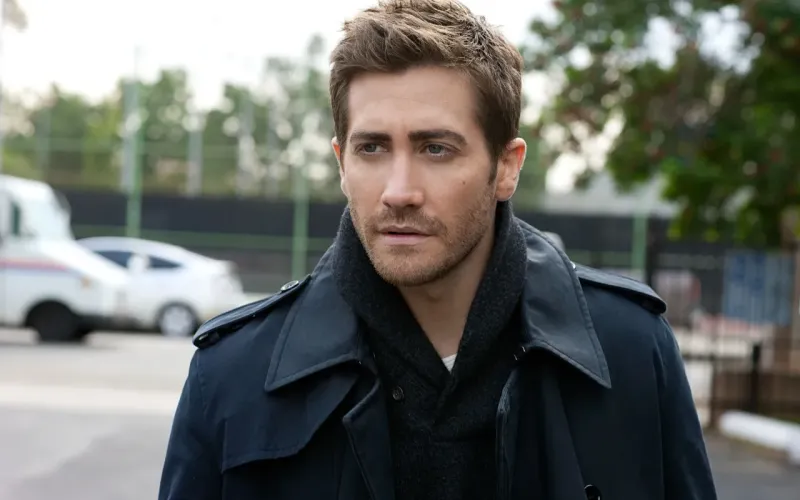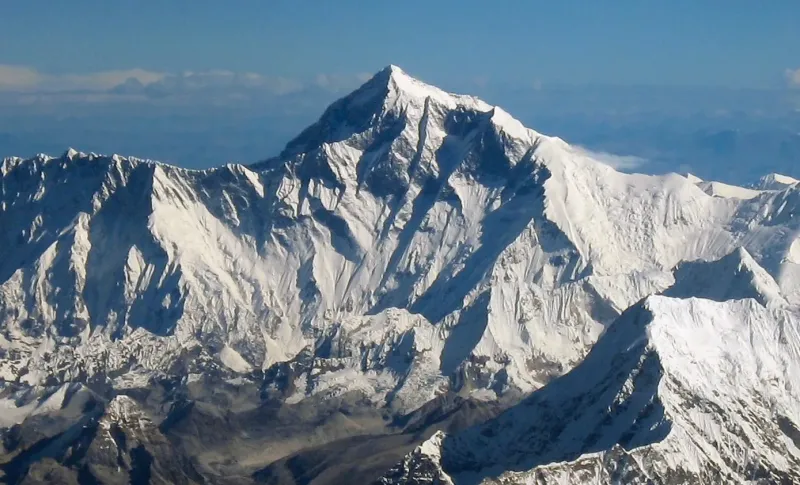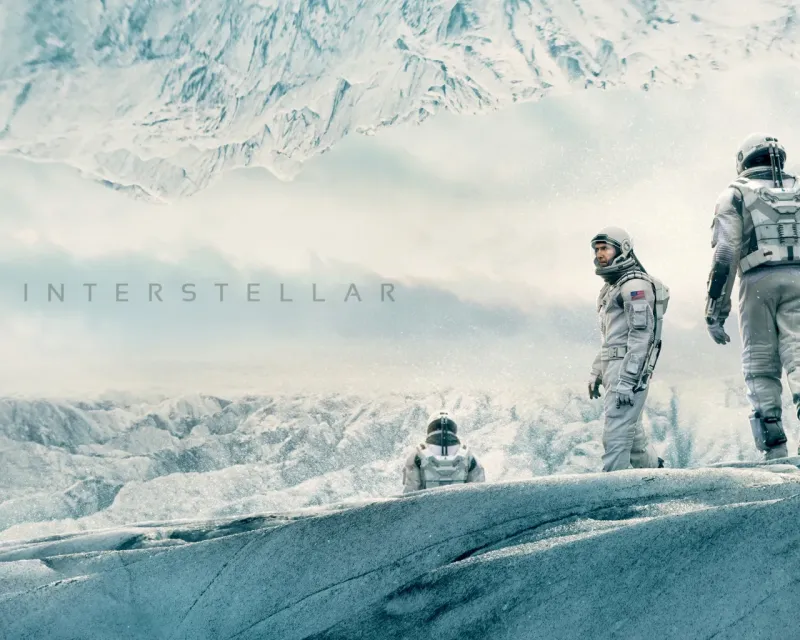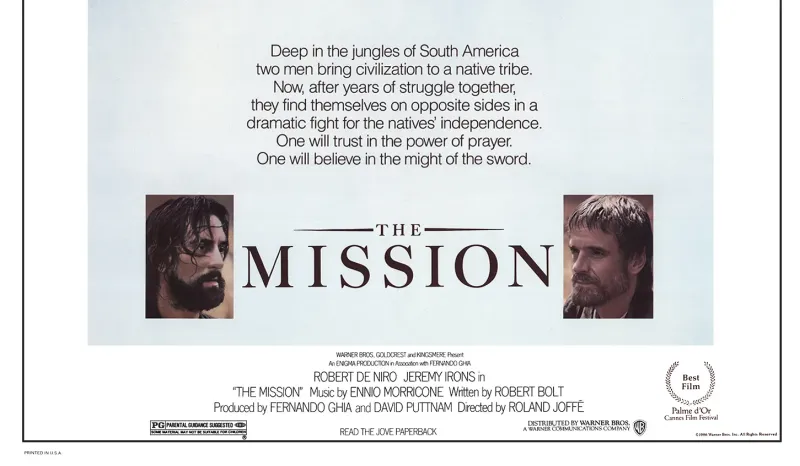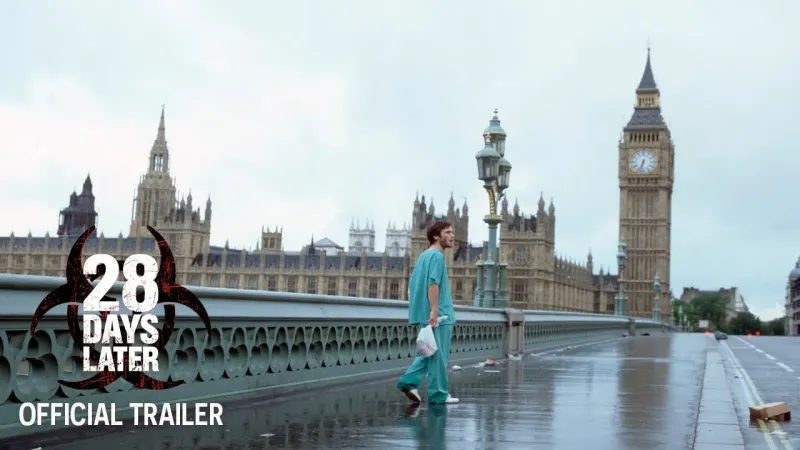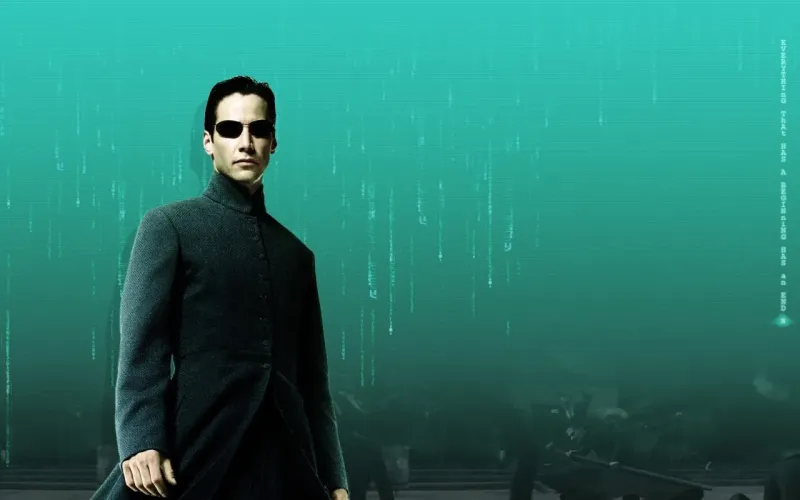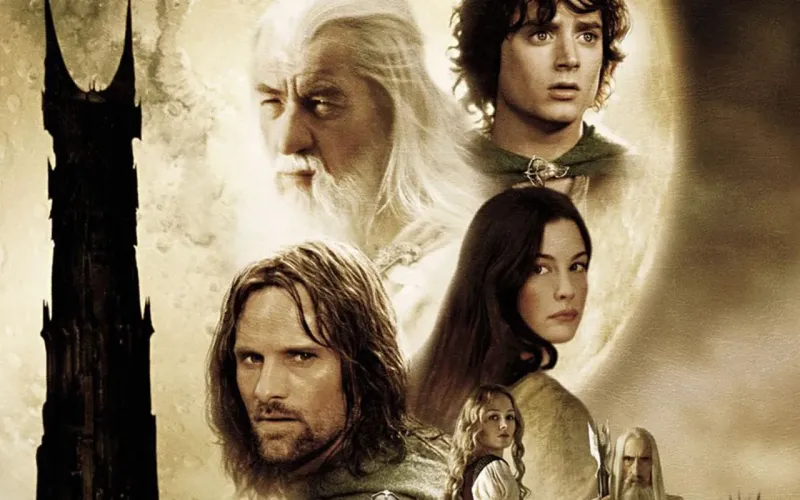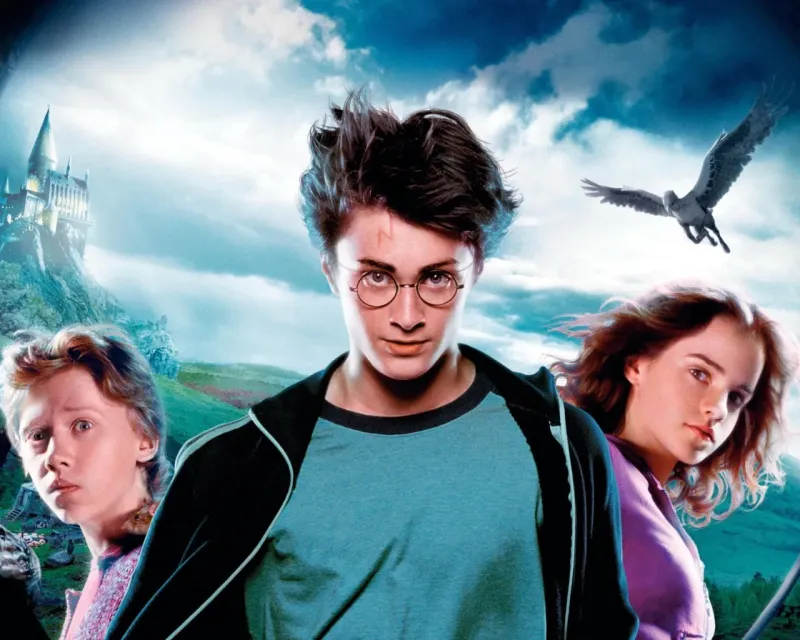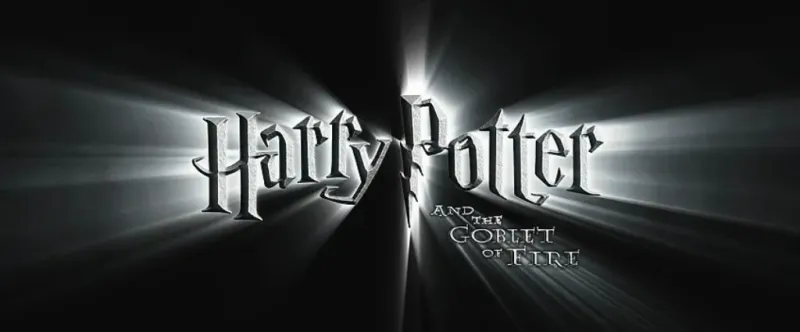Overview of 'Everest'
'Everest' is a thrilling cinematic experience that chronicles the 1996 Mount Everest disaster, blending elements of adventure, drama, and survival. Directed by Baltasar Kormákur, this movie masterfully captures the harrowing journey and challenges faced by climbers as they attempt to conquer the world's tallest peak. With stunning visuals and a gripping narrative, 'Everest' immerses viewers in the brutal yet captivating environment of the Himalayas, exploring both human endurance and nature's unforgiving power.
The film features a stellar ensemble cast, including Jason Clarke, Josh Brolin, and Jake Gyllenhaal, who bring authenticity and depth to their roles as climbers facing extreme conditions. Through powerful performances and a carefully crafted script, 'Everest' delves into the personal stories and motivations of its characters, allowing audiences to connect emotionally with their struggles and triumphs. This dramatic retelling of real events serves as a tribute to the human spirit and the complexities of confronting one's limits.
Key Characteristics and Features
'Everest' is renowned for its breathtaking cinematography, which captures the awe-inspiring beauty and perilous conditions of the mountain. The film's visual effects and sound design work in harmony to create an immersive experience, transporting viewers to the icy peaks and treacherous slopes of Everest. The attention to detail in depicting the harsh weather and challenging terrain adds a layer of authenticity, making the audience feel as though they are part of the expedition.
Another notable feature of 'Everest' is its emphasis on realism. The filmmakers went to great lengths to ensure accuracy in portraying the climbing gear, techniques, and protocols followed by mountaineers. This commitment to realism extends to the portrayal of the physical and psychological toll that high-altitude climbing can have on individuals, highlighting the delicate balance between ambition and safety. This dedication to authenticity enhances the film's impact and educates viewers on the complexities of mountaineering.
Context and Impact
Released in 2015, 'Everest' was well-received by audiences and critics alike, praised for its intense storytelling and visual mastery. The film not only entertains but also raises awareness about the dangers and ethical considerations of climbing Mount Everest. By highlighting the events of the 1996 disaster, 'Everest' sparked discussions about the commercialization of the mountain and the responsibilities of expedition leaders, influencing public perception and policy regarding high-altitude tourism.
'Everest' also serves as a cultural and historical document, preserving the stories of those who dared to challenge the elements and paid the ultimate price. The film's impact extends beyond the screen, inspiring viewers to reflect on their own limits and aspirations. By portraying the raw and unpredictable nature of adventure, 'Everest' encourages a deeper appreciation for the natural world and the resilience of the human spirit, leaving a lasting impression on audiences worldwide.


